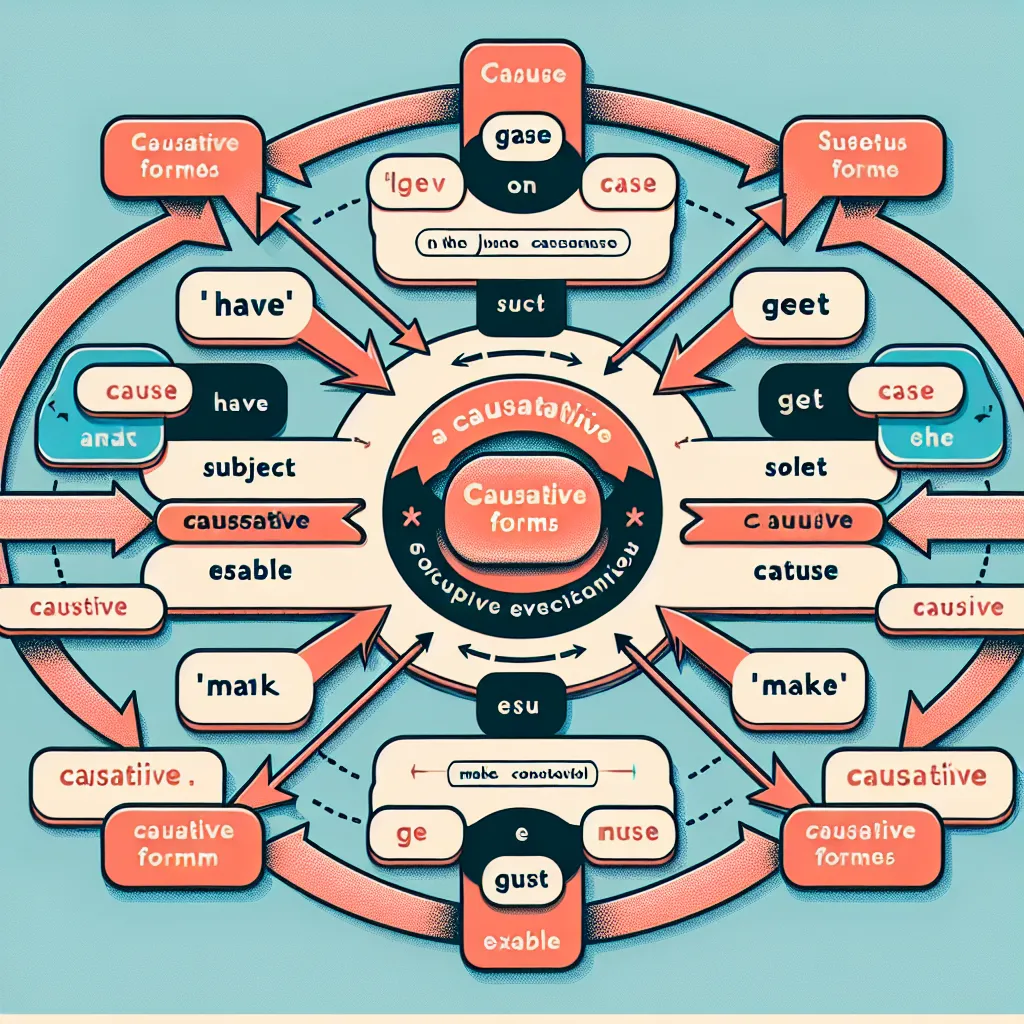Learning English grammar can be a challenging task, but with the right approach, it can become an enjoyable and rewarding experience. As an experienced English language instructor and content creator for IELTS.NET, I’m excited to share some expert tips and strategies to help you master English grammar quickly and effectively. Whether you’re a beginner or an advanced learner, these techniques will enhance your understanding and application of grammar rules.
Understanding the Importance of English Grammar
English grammar is the foundation of effective communication in the language. It helps you construct sentences correctly, express ideas clearly, and avoid misunderstandings. Mastering grammar is crucial for success in academic, professional, and personal contexts where English is used.
 Importance of English Grammar
Importance of English Grammar
Effective Strategies for Learning English Grammar
1. Start with the Basics
Before diving into complex structures, ensure you have a solid grasp of fundamental grammar concepts. This includes:
- Parts of speech (nouns, verbs, adjectives, etc.)
- Sentence structure
- Verb tenses
- Subject-verb agreement
Focus on mastering these basics before moving on to more advanced topics. For a comprehensive guide on effective grammar learning strategies, check out our article on what are some strategies for learning English grammar effectively.
2. Use Authentic Materials
Expose yourself to real-world English usage through:
- News articles
- Podcasts
- TV shows and movies
- Literature
This approach helps you understand how grammar is applied in context and enhances your overall language skills. To learn more about improving your English through immersive techniques, read our guide on how to improve English through shadowing exercises.
3. Practice Regularly
Consistency is key when learning grammar. Set aside time each day for grammar exercises and practice. You can:
- Complete online grammar quizzes
- Work through grammar workbooks
- Write short essays or journal entries applying specific grammar points
Remember, practice makes perfect!
4. Learn Grammar in Context
Instead of memorizing rules in isolation, study grammar within meaningful contexts. This approach helps you understand how grammar functions in real communication. For example, when learning about relative clauses, read texts that use them frequently and analyze their usage. Our article on how to use advanced relative clauses in professional writing provides excellent examples and explanations.
5. Use Mnemonic Devices
Create memorable acronyms or rhymes to help you remember grammar rules. For instance:
- “I before E, except after C” for spelling rules
- “FANBOYS” (For, And, Nor, But, Or, Yet, So) for coordinating conjunctions
These memory aids can make complex rules easier to recall and apply.
Advanced Techniques for Grammar Mastery
1. Analyze Sentence Structures
As you progress, focus on understanding complex sentence structures. Break down sentences in your reading material to identify:
- Main and subordinate clauses
- Types of phrases (noun phrases, verb phrases, etc.)
- Sentence patterns (simple, compound, complex, compound-complex)
This analysis will deepen your understanding of how English sentences are constructed and help you create more sophisticated sentences in your own writing.
2. Study Collocations and Idioms
Grammar isn’t just about rules; it’s also about how words naturally combine in English. Study common collocations (words that often go together) and idiomatic expressions to enhance your grammar usage and overall fluency.
3. Engage in Peer Teaching
Teaching grammar concepts to others can significantly boost your own understanding. Organize study groups or find a language exchange partner to practice explaining grammar rules. This method reinforces your knowledge and helps you identify areas that need more attention. For more on this technique, read our article on tips for learning English through peer teaching.
 Peer Teaching English Grammar
Peer Teaching English Grammar
4. Focus on Error Correction
Regularly review your writing and speaking for grammar errors. Keep a log of your common mistakes and focus on correcting them. This self-awareness will help you avoid repeating the same errors and improve your overall accuracy.
5. Explore Advanced Grammar Topics
Once you’re comfortable with the basics, delve into more complex grammar areas such as:
- Conditional sentences
- Reported speech
- Passive voice
- Subjunctive mood
These advanced topics will elevate your language skills to a professional level. Our guide on advanced grammar for professional communication is an excellent resource for this stage of your learning.
Common Pitfalls to Avoid
When learning English grammar, be aware of these common mistakes:
- Overgeneralizing rules: Remember that every rule has exceptions in English.
- Neglecting spoken practice: Grammar isn’t just for writing; practice using it in conversation too.
- Ignoring context: Always consider the context when applying grammar rules.
- Becoming discouraged: Progress takes time; stay patient and persistent.
Next Steps in Your Grammar Journey
After mastering the concepts in this guide:
- Take advanced grammar practice tests to assess your progress.
- Start a grammar blog or vlog to share your knowledge and get feedback.
- Read academic papers or literary works to expose yourself to high-level grammar usage.
- Consider preparing for standardized English tests like IELTS or TOEFL to benchmark your skills.
Conclusion
Learning English grammar quickly and effectively is achievable with the right strategies and consistent practice. Start with the basics, use authentic materials, practice regularly, and gradually move to more advanced techniques. Remember, becoming proficient in English grammar is a journey, not a destination. Embrace the process, stay curious, and don’t be afraid to make mistakes – they’re all part of the learning experience.
We’d love to hear about your grammar learning experiences and any additional tips you might have. Share your thoughts in the comments below, and don’t forget to explore our other articles for more in-depth guidance on specific grammar topics!




